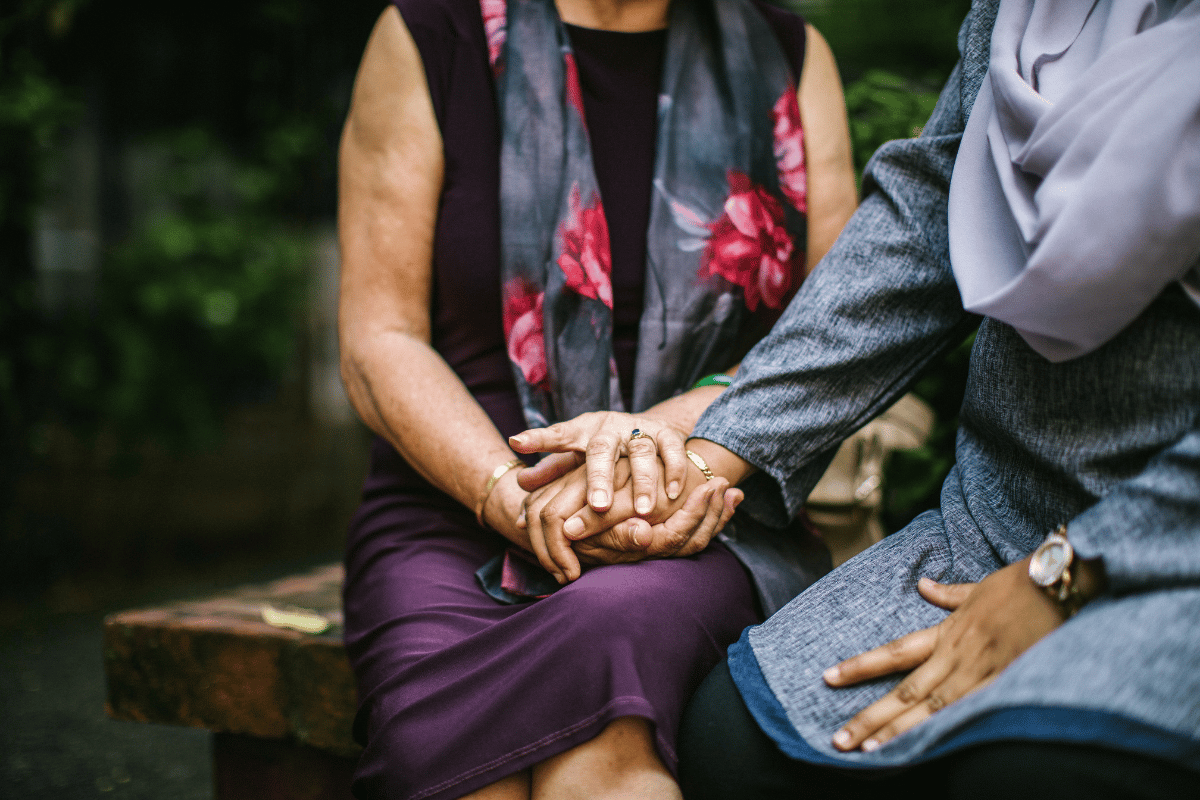
At Mamamia, we have a year-round commitment to highlighting the epidemic of domestic violence in Australia. During May, Domestic Violence Prevention Month, we will not only raise awareness of the personal impact of violence, but do our best to ensure victims have access to help, and encourage those who abuse to take responsibility and seek help for their behaviour.
This post deals with domestic violence and suicidal ideation and might be triggering for some readers.
A couple of years ago, a friend of mine was stuck in an emotionally abusive relationship.
And watching her struggle was incredibly difficult. Because given we were both so young, neither one of us knew what to do. Nor did I know how to help her.
And when she told me that her boyfriend had threatened to end his own life if she broke up with him, I could see that she felt helpless. As a friend watching on and seeing her pain, I desperately wanted to make everything better for her. But I couldn't see how.
Years down the track, we as a society have a much better understanding of what domestic violence is, the impact it can have and the support systems available. Though from a micro perspective, it can be challenging to know exactly what you as a friend can do to help your loved one when they are in a domestically violent relationship.
Watch Women And Violence: The Hidden Numbers. Post continues below.
